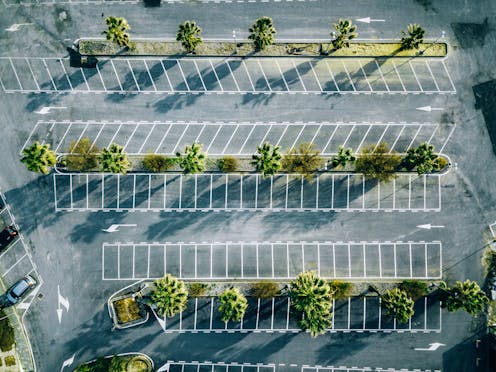Pork-barrelling is unfair and wasteful. Here’s a plan to end it
- Written by Kate Griffiths, Deputy Program Director, Grattan Institute

From sports rorts to regional slush funds and commuter carparks, it’s been one scandal after another in Australian politics in recent years. But what can we actually do to stop politicians pork-barrelling?
A new Grattan Institute report, released today[1], shows the problem isn’t confined to one side of politics: both Coalition and Labor governments, at federal and state levels, use government grants for political purposes. But there is a way to stop them from doing it again.
Pork-barrelling is common
Pork-barrelling is the use of public resources to target certain voters for partisan purposes – for example, by spending public money in particular electorates to try to win more votes rather than spending those funds where they are most needed.
Using grants to buy votes is one of the most visible forms of pork-barrelling. Grants processes often allow substantial ministerial discretion with little transparency, making them what one researcher described as “an ideal vehicle for delivering pork[2]”.
The figures show that pork-barrelling has been blatant in many federal and state government grant programs. More grant money is received by seats held by the government of the day and marginal seats receive disproportionately more funding[3].
Read more https://theconversation.com/pork-barrelling-is-unfair-and-wasteful-heres-a-plan-to-end-it-188898

















